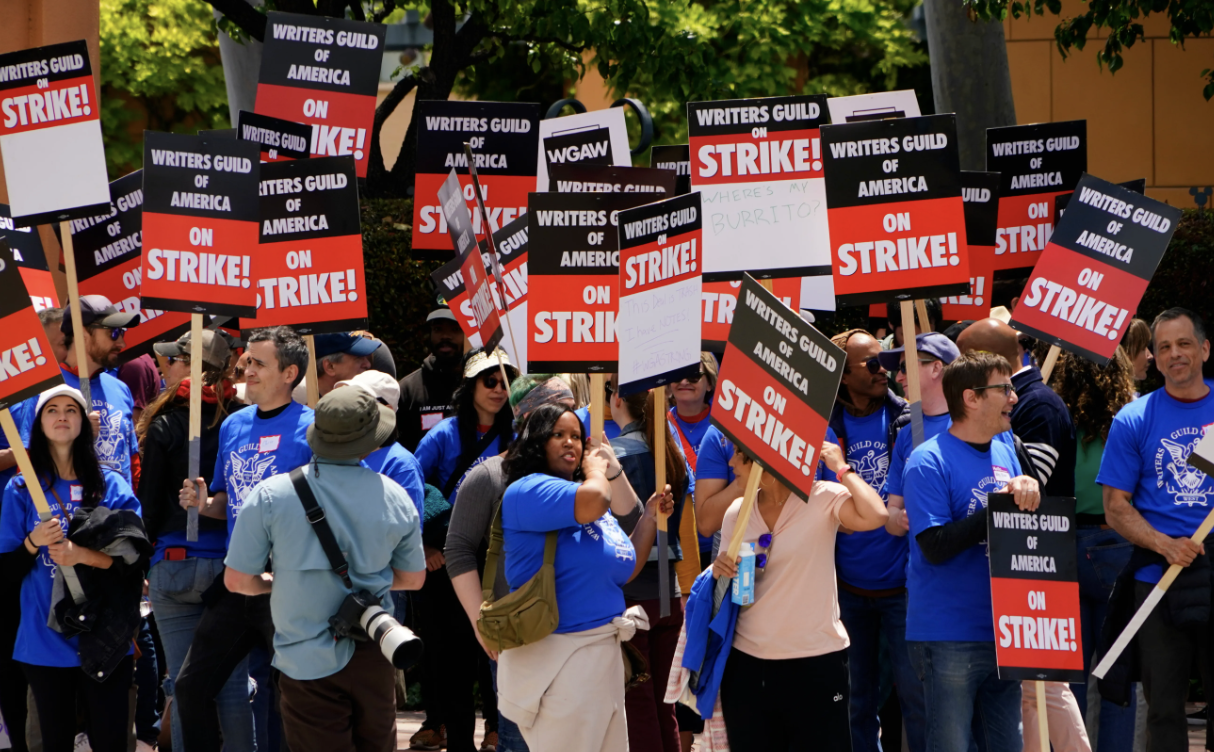Navigating the 2023 Writers Guild Strike

In 2023, the Writers Guild of America (WGA) embarked on a high-stakes strike that sent shockwaves throughout the entertainment industry. The strike, which began on March 1st and lasted for 87 days, was a pivotal moment in the ongoing struggle between writers and the major Hollywood studios and streaming platforms.
One of the primary issues that fueled the strike was the writers' demand for fair compensation in the digital age. As streaming services like Netflix, Amazon Prime, and Disney+ continued to dominate the entertainment landscape, writers argued that they were not adequately compensated for their work in this rapidly evolving industry. They called for higher residuals and more transparency in how streaming revenue was distributed.
Another critical issue on the table was the contentious topic of agency packaging fees. The WGA sought to reform the long-standing practice of talent agencies packaging writers, directors, and actors together for projects. They contended that these packaging fees, where agencies received a percentage of a show's profits, created conflicts of interest and led to writers earning less. The strike aimed to reshape the relationship between writers and their representatives.

The strike garnered significant attention and support from writers, actors, and other industry professionals who stood in solidarity with the WGA. Social media campaigns, public rallies, and a general sense of unity among creative professionals made it a high-profile labor dispute. Numerous TV shows went on hiatus, film productions were delayed, and viewers experienced disruptions to their favorite programming. The financial toll was also significant, with estimates suggesting losses in the billions of dollars.
Negotiations between the WGA and the Alliance of Motion Picture and Television Producers (AMPTP) were often tense and protracted. However, as the strike dragged on, both sides eventually reached a breakthrough in late May. The agreement that ended the strike addressed many of the writers' concerns. Writers secured better compensation terms for streaming content, and significant changes were made to agency packaging practices to align more with the interests of writers.
In the aftermath of the strike, Hollywood underwent structural changes in how it approached compensation and agency practices. While the strike was undoubtedly challenging for all involved, it ultimately resulted in a fair and reasonable conclusion for both parties.
*The information in this article is intended solely for the purpose of providing the audience with updates on film & media's current developments.*
By: Akinty Carter
DISCOVER LA SALLE
La Salle College Preparatory was founded in 1956. Today, we are the only truly diverse and co-educational Catholic high school in Pasadena.
